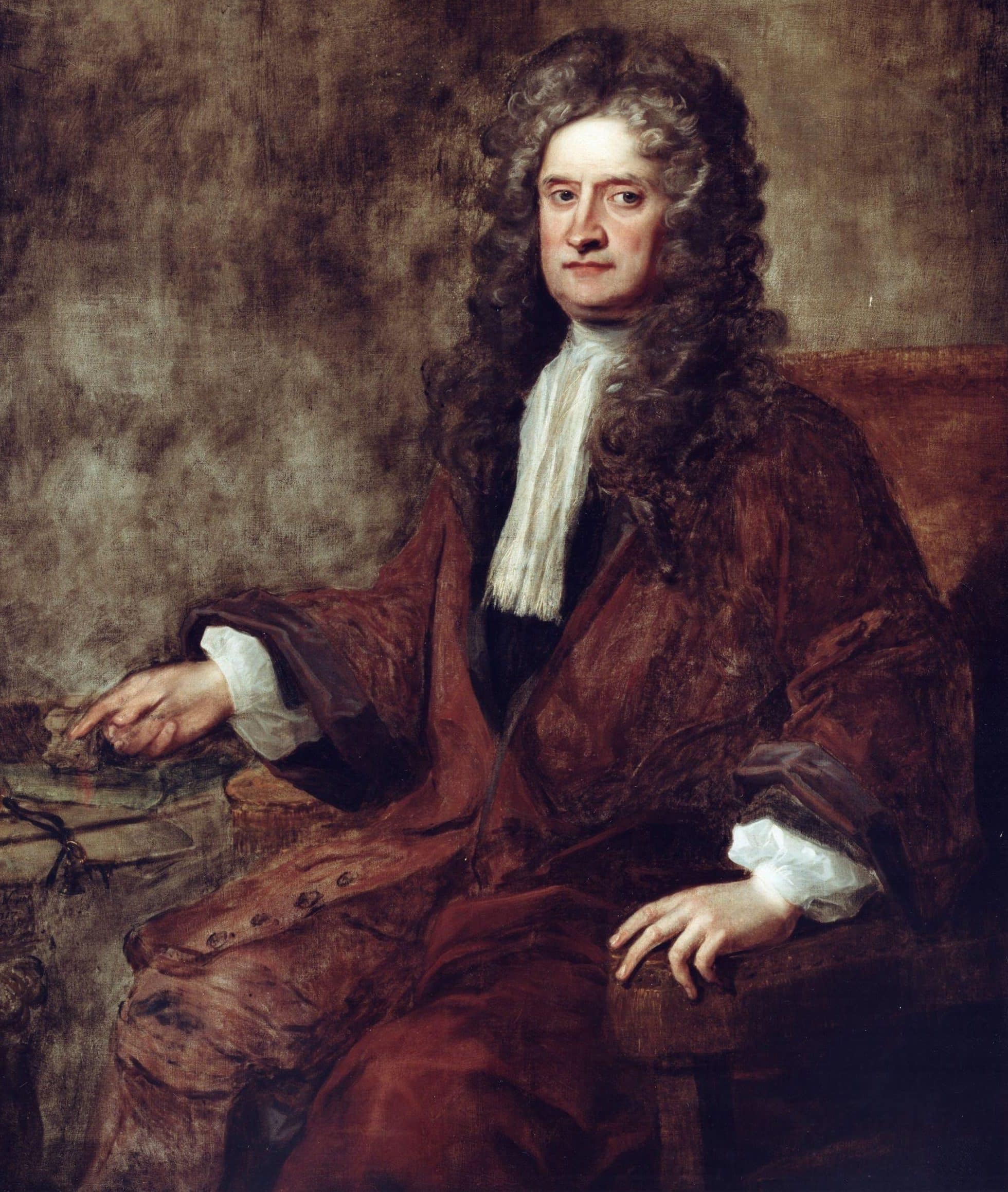Isaac Newton: A Revolutionary in Science and Mathematics
Isaac Newton, born on January 4, 1643, in Woolsthorpe, Lincolnshire, England, is widely regarded as one of the greatest scientists of all time. His contributions to physics, mathematics, and astronomy laid the groundwork for much of modern science and revolutionized our understanding of the natural world.
Newton’s early life was marked by hardship and adversity. His father died before he was born, and his mother remarried when he was three, leaving him to be raised by his grandmother. Despite these challenges, Newton showed exceptional intellectual promise from a young age, attending Cambridge University on scholarship and eventually becoming a professor of mathematics at the age of 26.
One of Newton’s most enduring legacies is his development of calculus, a branch of mathematics essential for understanding rates of change and motion. Working independently of the German mathematician Gottfried Wilhelm Leibniz, Newton formulated his own version of calculus, laying the foundation for the modern field of mathematical analysis.
In addition to his work in mathematics, Newton made groundbreaking discoveries in physics. His magnum opus, “Philosophiæ Naturalis Principia Mathematica” (Mathematical Principles of Natural Philosophy), commonly known as the Principia, was published in 1687 and remains one of the most influential scientific works of all time. In the Principia, Newton introduced his laws of motion and the law of universal gravitation, which explained how objects attract each other with a force proportional to their masses and inversely proportional to the square of the distance between them. This revolutionary insight provided a unified explanation for celestial and terrestrial motion and laid the foundation for classical mechanics.
Newton’s laws of motion, often referred to as Newton’s Laws, are fundamental principles in physics that describe the relationship between the motion of an object and the forces acting upon it. These laws have been instrumental in shaping our understanding of the physical world and are still taught in classrooms around the world today.
Beyond his scientific achievements, Newton made significant contributions to the field of optics. He conducted experiments with prisms and demonstrated that white light is composed of a spectrum of colors. His groundbreaking work on optics laid the foundation for the modern study of light and vision.
Despite his towering intellect and groundbreaking discoveries, Newton was known to be reclusive and intensely private. He devoted much of his later life to alchemical studies and theological pursuits, seeking hidden truths in the natural and spiritual realms.
Isaac Newton passed away on March 31, 1727, leaving behind a legacy that continues to inspire scientists and scholars to this day. His profound insights into the laws of nature and the universe forever changed the course of scientific inquiry, earning him a place among the giants of human intellectual achievement.
